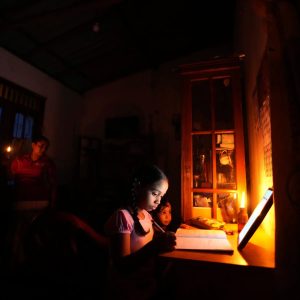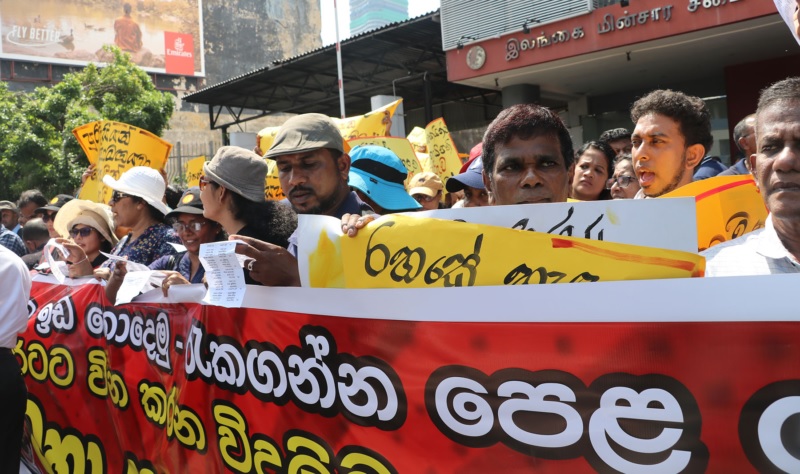Sri Lanka’s energy sector is crackling with tension as Power and Energy Minister Kanchana Wijesekera and the powerful Ceylon Electricity Board Engineers’ Union (CEBEU) clash over employee benefits and alleged mismanagement. The flashpoint: loan interest reimbursements for CEB workers and the Minister’s controversial willingness to accept mass resignations.

Minister Wijesekera ignited the firestorm by claiming that two-thirds of the hefty loan interest paid by CEB employees is actually borne by the public through inflated electricity bills. This unsubstantiated accusation, aimed at stoking public anger, was met with swift rebuttal from the CEBEU.
The union clarified that the CEB offers a loan interest reimbursement scheme similar to perks enjoyed by employees in many government institutions and private companies. They emphasized that this scheme, in place since 1984, saves the Board money compared to directly providing loans from its own funds.
However, the Minister’s actions go beyond mere accusations. He has instructed CEB management to accept resignations without hesitation, a move the union interprets as a veiled threat to job security and a ploy to weaken their bargaining power. This comes amidst speculation of impending privatization and divestiture of state assets in the energy sector, further fueling tension and suspicion.
The CEBEU paints a picture of Minister Wijesekera as an autocrat, silencing dissent through court orders and information restrictions. They condemn his “harassment” of staff and accuse him of hiding behind legalities to avoid transparency and accountability.
Caught in the crossfire are Sri Lankan citizens, concerned about both affordable electricity and the rights of essential workers. The public perception of the conflict is divided, with some supporting the Minister’s perceived decisiveness and others fearing potential disruptions to the electricity supply.
The question remains: can these warring factions find common ground amidst the acrimony? Open dialogue, addressing concerns about energy procurement practices, and finding a solution that ensures affordable electricity, protects worker rights, and fosters trust are crucial steps to prevent this power struggle from plunging Sri Lanka’s energy sector into darkness







